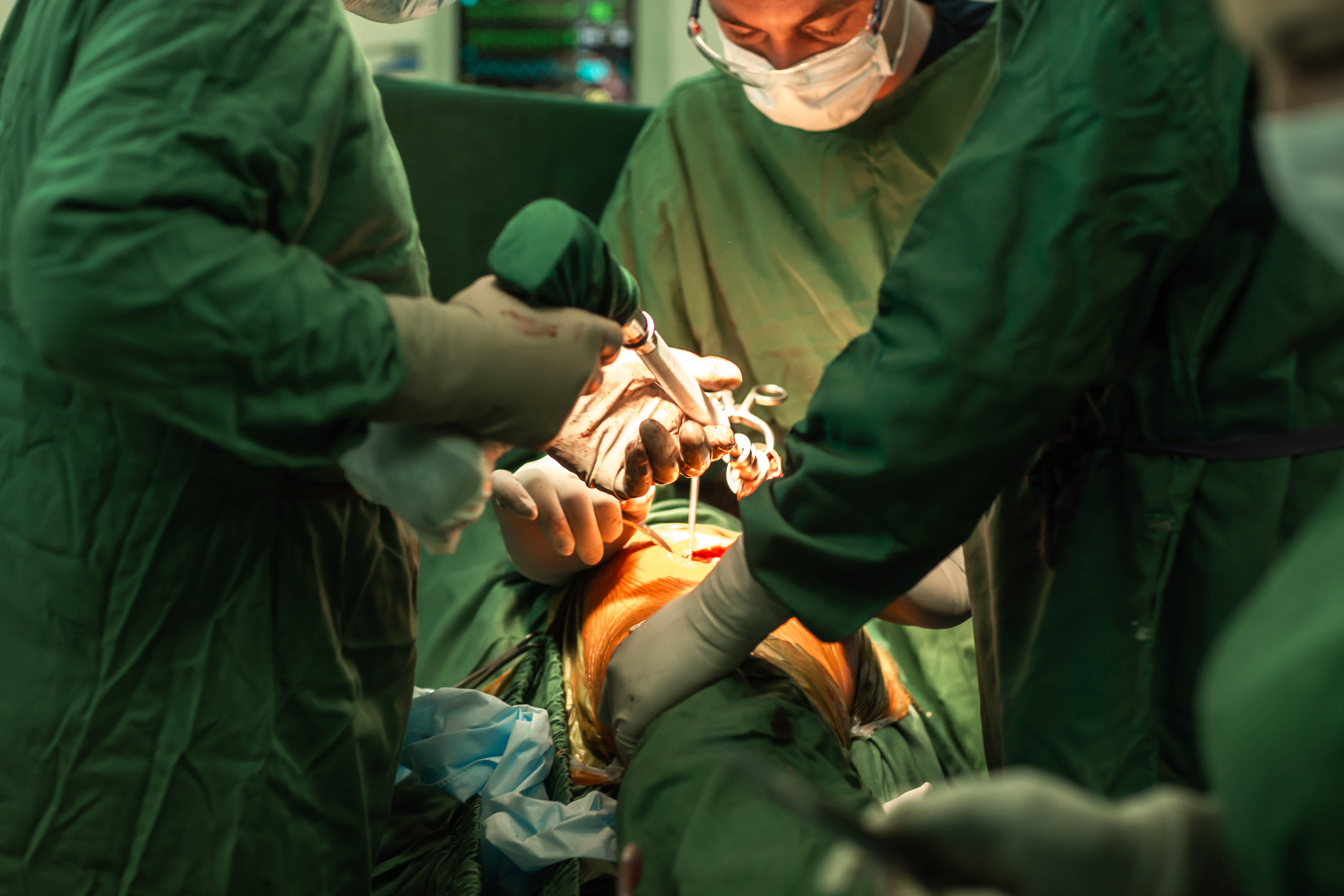Keyhole surgery, also known as Laparoscopy surgery or minimally invasive surgery, is a type of surgery enabling the surgeon to reach the inside of the abdomen (tummy) and the pelvis. Surgeons can see your inside with the assistance of a device called a laparoscope.
Keyhole surgery is more complex than other surgeries. Do you know why? Read on to find out more!
1. You require more preparation pre-surgery
When you go for laparoscopic surgery in the future, make sure you tell the doctor if you are taking any blood thinners such as aspirin or if you are allergic to any drugs that may affect your anaesthesia. Additionally, let the doctor know whether you are pregnant or are trying to conceive.
Strictly follow all instructions the doctor gives you. Make sure someone is at your side to drop you home after the surgery because you might be too tired or in too much pain to go off by yourself.
2. Keyhole surgery can often take longer to perform

Keyhole surgery faces multiple technological challenges and therefore takes longer [1]. This means more time spent under anaesthesia, which will raise the risk of complications. Complications often do not occur immediately but happen a couple of days or a few weeks after surgery. Problems which can occur with laparoscopy include:
- Internal bleeding
- Bleeding or hernia (a bulge due to improper healing) at the incisions areas
- Infection
- Damage to a blood vessel or other organs, like the stomach, bowel, bladder, or ureters
3. A smaller incision is made
There will be no large incision since the surgeon uses an instrument called a laparoscope. This is a small tube with a light source and a camera that relays images of the inside of the abdomen or pelvis to a computer monitor.
During keyhole surgery, the surgeon makes a slight cut (incision) of around 1 to 1.5 cm (0.4 to 0.6 inches), typically close to the belly button. During the incision, a tube is inserted and carbon dioxide gas is pumped into the tube to inflate the tummy (abdomen). Inflating your belly allows the surgeon a better view of your organs and allows them more space to operate.
4. You stay in hospital longer
Usually performed on an outpatient basis (release on the same day as the surgery), laparoscopic surgery may require you to remain in the hospital overnight if your condition involves a complicated or lengthy surgery [2].
5. You need to follow some restrictions after surgery

Your doctor may order you to abstain from driving, bathing in the tub, swimming and having sexual intercourse for the first few weeks after the surgery. Make sure you follow those guidelines and get enough sleep to ensure rapid recovery.
All in all
As in all aspects of medicine, keyhole surgery requires expertise on the part of the surgeon to have the best possible outcome for patients [3]. Keyhole surgery is more complex, but the scar it leaves will be less obvious!
Dr Kan graduated from Manchester University Medical school and went on to obtain further qualifications from Addenbrookes Hospital. Thereafter, he pursued post-graduate senior surgical fellowships at world-renowned centres - National Cancer Centre and the Cancer Institute (Tokyo, Japan), Prince of Wales Chinese University Hospital (Hong Kong) and Princess Alexandra Hospital (Brisbane, Australia). These fellowships have trained him to be well-versed with thoracoscopic resections for oesophageal and gastric cancers and MIS for the benign oesophageal disease. Minimally invasive/ keyhole surgery is a highly complex surgery, and Dr Kan is one of a few surgeons in Asia who can successfully treat stomach and oesophageal cancer using this method.













